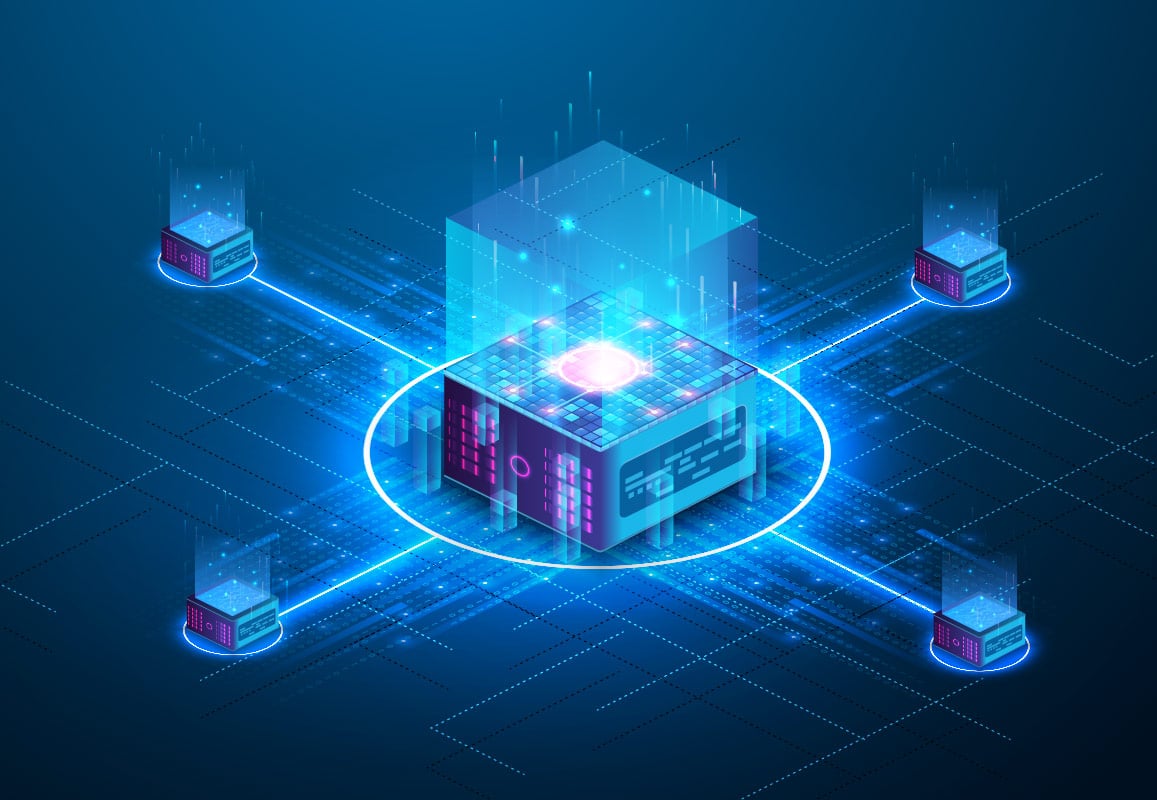

Cyber Fusion Center
A cyber fusion center is a next-generation security operations center (SOC) specifically designed to enhance and improve enterprise security. At Big Cloud, we offer cutting-edge Cyber Fusion Center (CFC) services designed to empower organizations with comprehensive cybersecurity capabilities. Our CFC is a strategic hub where advanced technologies, threat intelligence, and expert analysts converge to defend against evolving cyber threats effectively.
Key Features of Our Cyber Fusion Center
Integrated Security Operations
CFC includes core security operations functions , Our CFC integrates various security operations functions, including security monitoring, incident detection, threat intelligence analysis, and incident response,
Identity and Access Management (IAM)
Is a framework of policies, processes, and technologies that organizations use to manage and control user identities and their access to systems, applications, and data. IAM ensures that the right individuals have the appropriate access privileges, while also enforcing security controls and compliance requirements.
Proactive Threat Hunting
In-depth analysis of threat intelligence feeds, both internal and external, to identify emerging threats, adversary tactics, techniques, and procedures (TTPs), and indicators of compromise (IOCs).
Incident Response Orchestration
Intelligence-driven Approach
Leveraging advanced threat intelligence feeds and analysis, we provide actionable insights into emerging threats, adversary tactics, and indicators of compromise (IOCs) to enhance threat detection and response capabilities.
Threat Detection
The primary factor in constructing a strong defense is detecting cyber threats in a timely manner. In cyber fusion platforms, threat response teams can leverage the gathered intelligence to automatically validate the malicious behavior of threats
Threat Response
One of the most significant challenges of security teams is responding to threats as soon as possible. Cyber fusion enables security teams to connect the components by leveraging contextual intelligence derived from incident correlation, and unlike traditional incident response platforms, cyber fusion solutions focus on all types of threats, including malware, vulnerabilities, threat actors, and previous incidents
Endpoint protection
Endpoint protection refers to the security measures and technologies implemented to safeguard individual devices, such as computers, smartphones, and tablets, from cyber threats and malicious activities. It involves a range of tools and strategies designed to detect, prevent, and mitigate security risks at the endpoints of a network, ensuring data and systems remain secure and protected.

